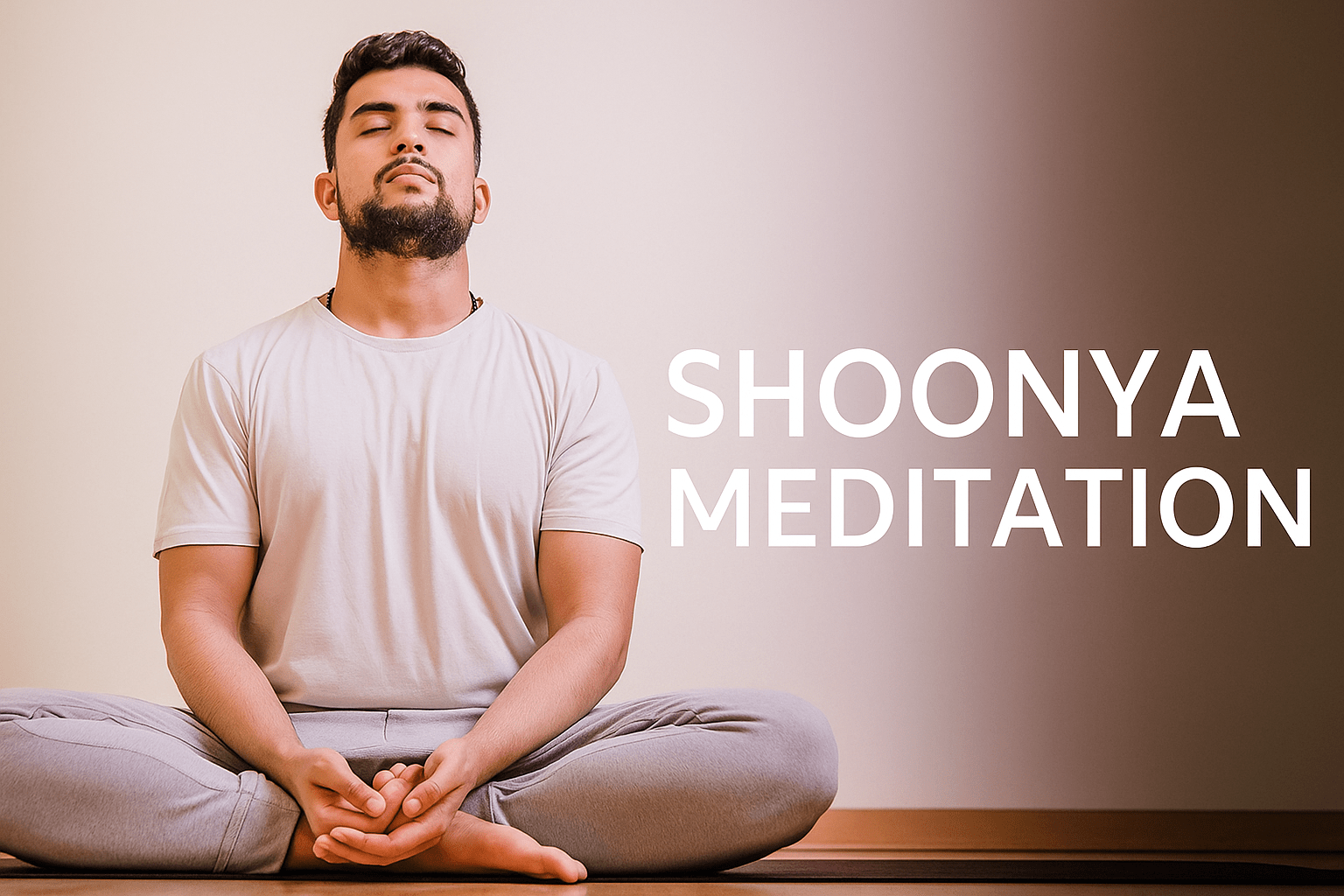In 2025, What Does This Actually Imply?
“Whenever you’re accustomed to privilege, equality seems like oppression.” – Unknown
Privilege is a phrase that ignites. In lecture rooms and group conferences, HR trainings and protest chants, it arrives like a lit match, generally illuminating and infrequently scorching. For some, it affords a clarifying framework, a approach to title systemic benefits which have lengthy been hidden in plain sight. For others, it seems like an ethical indictment, a rhetorical snare that alienates reasonably than educates.
However beneath these cultural flashpoints lies a quieter, deeper query: What are we actually speaking about once we discuss privilege?
In recent times, I’ve posed this query in lecture rooms, workshops and conversations, typically as a provocation: Would you hand over your privilege?
Many say sure, till we start to unpack what which may imply.
Would you relinquish the benefit of not fearing the police? The flexibility to stroll right into a grocery store with out suspicion? The possibility to lease an house with out your race or title triggering a second guess?
Right here the protests typically start: However these aren’t privileges. They’re rights!
Precisely. That’s the purpose.
This framing often sparks a sure type of wealthy, uneasy dialogue. However not too long ago, somebody challenged my premise in a manner that stayed with me. They argued that to name these “rights” is to obscure the truth: in our society, rights aren’t assured. They’re contingent. And if they are often revoked on the idea of pores and skin color, ZIP or postal code, gender or wealth, then calling them “rights” is extra aspirational than descriptive.
One other voice provided a counterpoint, simply as highly effective. What we so typically name “privilege,” they stated, isn’t an additional; it’s a fundamental human right that’s been systematically denied to some and normalized for others. The error isn’t within the time period “privilege,” however within the failure to increase these circumstances universally.
This stress—between seeing sure advantages as rights or as privileges—will get at one thing deeper about the way in which justice features in America and Canada.
The issue with North American justice
James Baldwin as soon as wrote that “the American perfect has all the time been about attaining a sure degree of consolation, however for a lot of, that consolation comes on the expense of others.” Our legal guidelines communicate of equality, but in follow, equality has all the time been erratically distributed.
Then got here a sharper critique nonetheless: You’re speaking about identification—race, gender, sexuality. However the true driver of injustice is wealth. Privilege is a perform of financial class. You’re aiming on the mistaken goal.
That argument deserves severe consideration. And but, identification and sophistication aren’t opposing lenses; they’re overlapping frameworks. Race, gender and different markers profoundly form entry to wealth itself. To disregard these entanglements is to flatten the terrain of oppression right into a single axis, when in reality, it’s multidimensional.
“Those that don’t transfer, don’t discover their chains.” Rosa Luxemburg’s phrases echo right here. Consolation too typically masquerades as neutrality, and normalized inequity disguises itself as benefit. To talk of privilege isn’t to disclaim the function of wealth; it’s to hint the various roads by which energy consolidates and injustice multiplies.
One cause the phrase privilege provokes such sturdy reactions is that it destabilizes the tales folks inform about how they arrived the place they’re. In a tradition that idolizes self-reliance, suggesting that somebody’s place was aided by unearned benefits appears like heresy. It dangers undermining the narrative of meritocracy that fuels every part from school admissions to company hierarchies.
However the unease isn’t evenly distributed. If a phrase like privilege can unsettle those that have benefited from it, how rather more unsettling is it for these denied its fundamental ensures?
Some worry that conversations about privilege are inherently divisive or shame-inducing. However that will depend on how we’ve them. The purpose isn’t to guilt somebody for what they’ve. The purpose is to ask: How will we guarantee everybody has entry to what they want?
“Injustice wherever is a risk to justice in all places,” Martin Luther King, Jr. wrote from a Birmingham jail. And but, injustice in America and Canada has typically been rendered invisible—or not less than tolerable—due to its selective utility. These untouched by its attain are inspired to see their expertise as common.
In case you’ve by no means feared eviction, police violence, starvation or being denied medical care, congratulations. However don’t mistake justice for luck. And don’t confuse consolation with neutrality.
The reward of privilege for all?
The purpose isn’t to redistribute privilege like rationed wealth. It’s to abolish the circumstances that make privilege mandatory within the first place.
“Justice,” as Cornel West reminds us, “is what love seems to be like in public.”
The goal is to construct a world the place justice isn’t a perk, however a promise. The place dignity isn’t uncommon, however acknowledged. The place rights aren’t granted, however assured.
«RELATED READ» BEYOND THE DREAM: Continuing Dr. King’s vision for global justice and compassion»
picture: jessica45
Source link
latest video
latest pick
news via inbox
Nulla turp dis cursus. Integer liberos euismod pretium faucibua



















